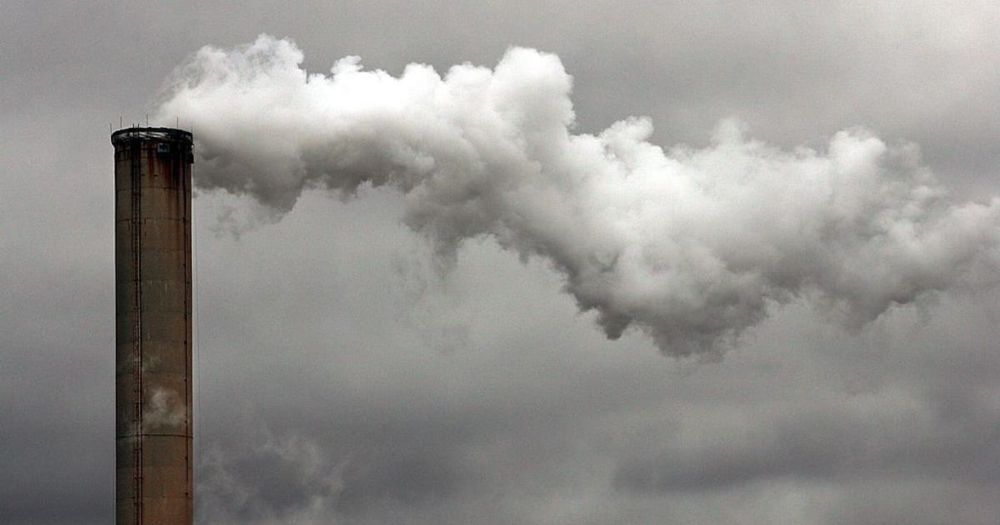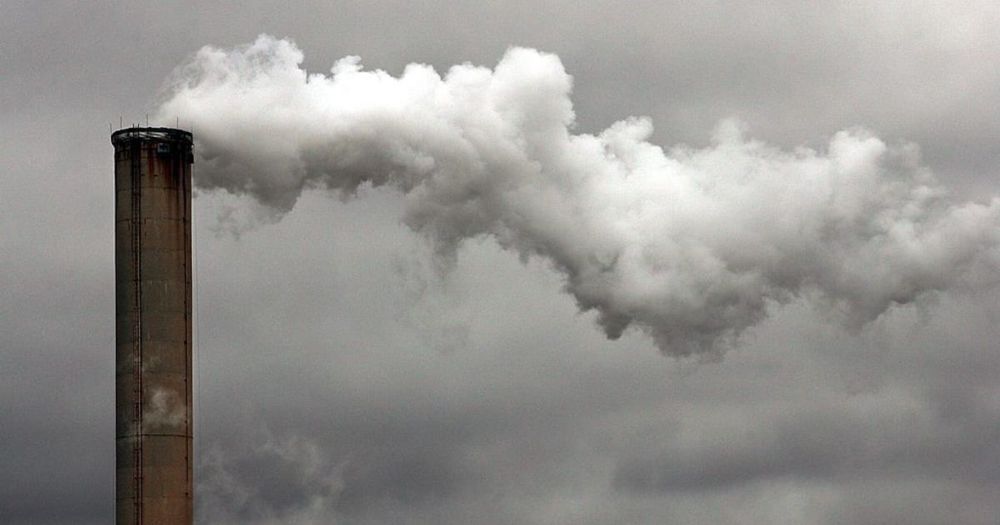

👉He’s a VP at DCI Group
👉DCI was hired by Energy Transfer
👉Energy Transfer funds the group he speaks for
👉He’s a VP at DCI Group
👉DCI was hired by Energy Transfer
👉Energy Transfer funds the group he speaks for
New from the @nytimes.com w/ a little help from @fieldnotes.co: www.nytimes.com/2025/12/17/c...

New from the @nytimes.com w/ a little help from @fieldnotes.co: www.nytimes.com/2025/12/17/c...

As Energy Sec, Wright has published a report denying climate science (which EPA is using to axe climate regs), boosted fossil fuels, & slashed funding for renewables.

As Energy Sec, Wright has published a report denying climate science (which EPA is using to axe climate regs), boosted fossil fuels, & slashed funding for renewables.
Big Oil company Energy Transfer is all of our neighbors. Their long history of spills, explosions, emissions, and safety violations proves that they’re harming communities.
Read More:
www.greenpeace.org/usa/bad-neig...
Big Oil company Energy Transfer is all of our neighbors. Their long history of spills, explosions, emissions, and safety violations proves that they’re harming communities.
Read More:
www.greenpeace.org/usa/bad-neig...
Last night I presented our research on a webinar with @ohiorivvalleyinst.bsky.social and @buckeyeenviro.bsky.social.
Check it out!

Last night I presented our research on a webinar with @ohiorivvalleyinst.bsky.social and @buckeyeenviro.bsky.social.
Check it out!
Be there or be square.
On Thurs. Nov. 6 at 6 PM ET, join @buckeyeenviro.bsky.social, @ohiorivvalleyinst.bsky.social, and @fieldnotes.co for a webinar and Q&A on CCS in Ohio.
Sign up here: bit.ly/new-wild-west

Be there or be square.
On Thurs. Nov. 6 at 6 PM ET, join @buckeyeenviro.bsky.social, @ohiorivvalleyinst.bsky.social, and @fieldnotes.co for a webinar and Q&A on CCS in Ohio.
Sign up here: bit.ly/new-wild-west

On Thurs. Nov. 6 at 6 PM ET, join @buckeyeenviro.bsky.social, @ohiorivvalleyinst.bsky.social, and @fieldnotes.co for a webinar and Q&A on CCS in Ohio.
Sign up here: bit.ly/new-wild-west
"The very short answer: Plastics and the petrochemicals they are made from," finds a new investigation by @theguardian.com and @fieldnotes.co.

"The very short answer: Plastics and the petrochemicals they are made from," finds a new investigation by @theguardian.com and @fieldnotes.co.
A new investigation by me & @fieldnotes.co in @theguardian.com: www.theguardian.com/us-news/2025...

A new investigation by me & @fieldnotes.co in @theguardian.com: www.theguardian.com/us-news/2025...



Here are some highlights from that discussion 🧵

Here are some highlights from that discussion 🧵
Moderated by NPR's @michaelcopley1.bsky.social and
featuring @iylas.bsky.social, Kelly Mitchell of @fieldnotes.co, former congressional investigator Aria Kovalovich, and Ben Franta of Oxford Sustainable Law Programme.

Moderated by NPR's @michaelcopley1.bsky.social and
featuring @iylas.bsky.social, Kelly Mitchell of @fieldnotes.co, former congressional investigator Aria Kovalovich, and Ben Franta of Oxford Sustainable Law Programme.

Moderated by NPR's @michaelcopley1.bsky.social and
featuring @iylas.bsky.social, Kelly Mitchell of @fieldnotes.co, former congressional investigator Aria Kovalovich, and Ben Franta of Oxford Sustainable Law Programme.
www.propublica.org/article/texa...

www.propublica.org/article/texa...


This comes after @washingtonpost.com reported on internal docs obtained by @fieldnotes.co exposing AXPC 's efforts.
www.argusmedia.com/en/news-and-...

This comes after @washingtonpost.com reported on internal docs obtained by @fieldnotes.co exposing AXPC 's efforts.
www.argusmedia.com/en/news-and-...

www.canarymedia.com/articles/car...

www.canarymedia.com/articles/car...


